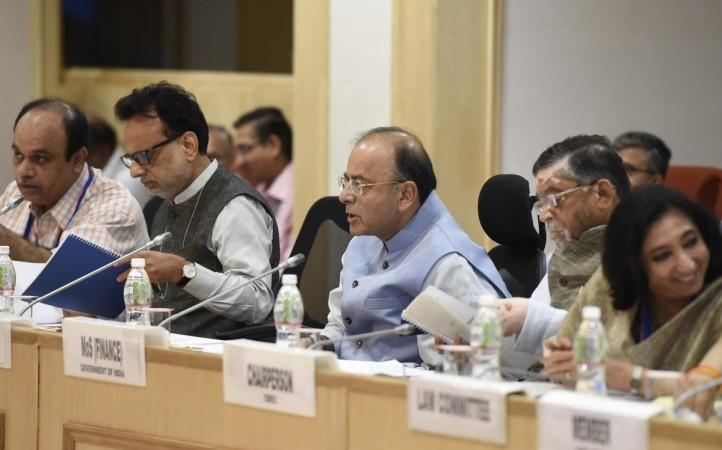
To make the Good and Service Tax (GST) more seamless, the central government has notified the e-way bill, exempting certain items of mass consumption.
The exempted items including fruits, vegetables, food grains, meat, bread, curd, books and jewellery, the Economic Times reported on Thursday. The move is aimed at providing a framework for transport of goods under the GST regime.
E-way bills are permitted in electronic format that will have details of the goods being transported. The e-way bill is required when consignment value exceeds Rs 50,000 and is transported crossing state boarders. It can be generated by registered suppliers or recipients or the transporter. Generation and cancellation of e-way can be done through SMS as well.
Both suppliers and recipients can generate e-way bills by uploading them to the GSTN portal.
Other items outside the ambit of the e-way bill will include contraceptives, judicial and non-judicial stamp paper, newspapers, khadi, raw silk, the Indian national flag, human hair, kajal, earthen pots, cheques, municipal waste, puja samagri, LPG, kerosene and heating aids.
Electronic permits are not mandated if goods are transported by non-motorised conveyances. Moreover, goods transported from international ports to hinterland ports for clearance by customs have been exempted from the requirement.
Designated tax officials can check e-way bills by intercepting a transporting vehicle; this move will help authorities keep track of goods and the inter-state commerce trend.
As per the draft provision, GSTN will generate e-way bills that will be valid for 1-20 days, depending on distance to be travelled -- one day for 100 km, 3 days (100 to less than 300 km), 5 days (300 to less than 500 km) and 10 days (500 to less than 1,000 km).
The information technology platform for the e-way bill system is being developed by the National Informatics Centre.
GST was rolled out on July 1, 2017 by Prime Minister Narendra Modi at the Central Hall of the Parliament in New Delhi.












